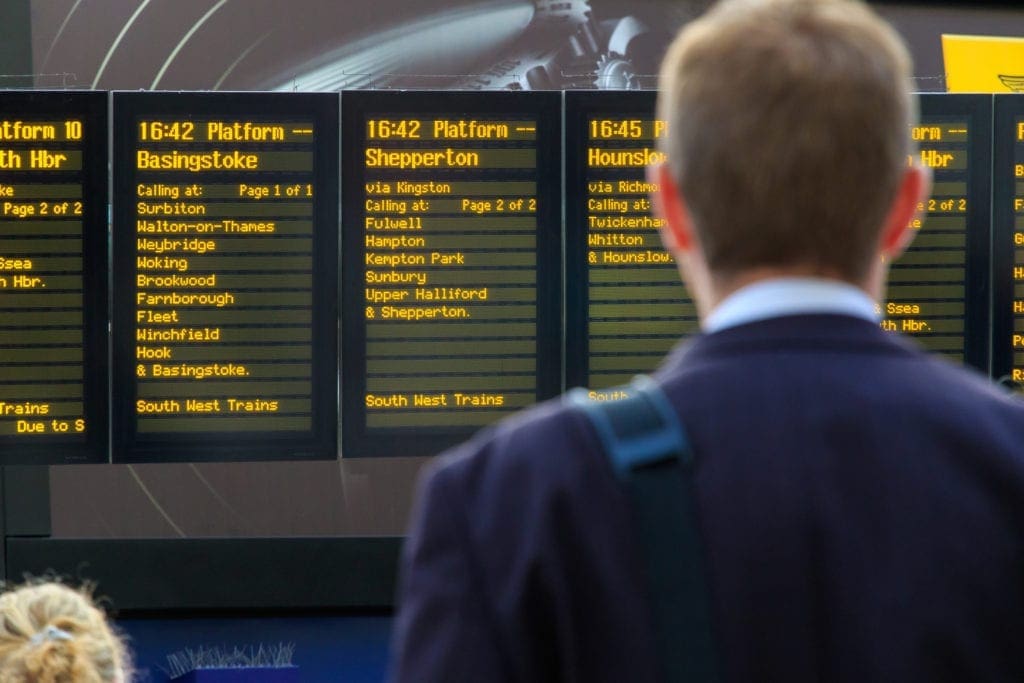
The July Retail Price Index (RPI) – used for many years to decide the New Year changes to rail fares – has risen by 1.6%.
However, last month’s RPI rise is largely due to the higher prices for road fuel.
An announcement about any changes to fares in January 2021 is expected soon from the Department for Transport.
Rail Minister Chris Heaton-Harris refused to be drawn on if rail fares will rise in line with July’s RPI.
“We expect any rail fare rise to be the lowest in four years come January and any increase will go straight to ensuring crucial investment in railways, Mr Heaton-Harris said.”
He added: “Taxpayers have been very generous in their support to keep trains running throughout the coronavirus pandemic, and whilst it’s only fair that passengers also contribute to maintaining and improving the services they use, a lower rise will help ensure the system returns to strength.”
What is RPI?
Each month the Government announces the Retail Prices Index – known as the headline rate of inflation. The RPI shows the percentage price rise over the past 12 months.
The RPI no longer classifies as a national statistic, instead using the Consumer Price Index. However, the UK Treasury still uses the RPI measure of inflation for various index-linked tax prices.
But it is not an unbreakable link, ministers will have to decide whether or not to apply the July RPI to the 2021 rail fares.
With passenger numbers seeing a massive slump during the COVID-19 pandemic, it’s clear to see why the government are delaying a decision on rail fare prices.
The RMT union says any rise is proof the government is ‘out of touch’.
Senior assistant general secretary Mick Lynch said: “The fact that this Government appears to be pushing ahead with yet another extortionate fare rise in January shows just how out of touch they are.
“This regressive fare increase hits the low paid hardest and will only serve to price more passenger off our railways and push even more people into their cars at a time when rail is in crisis.”


